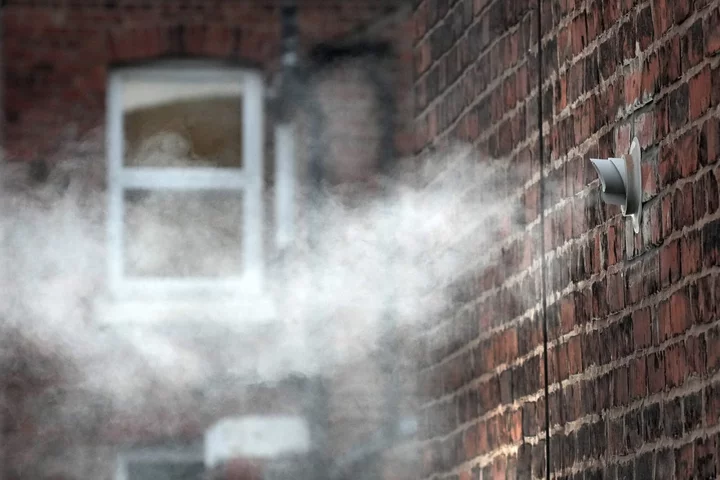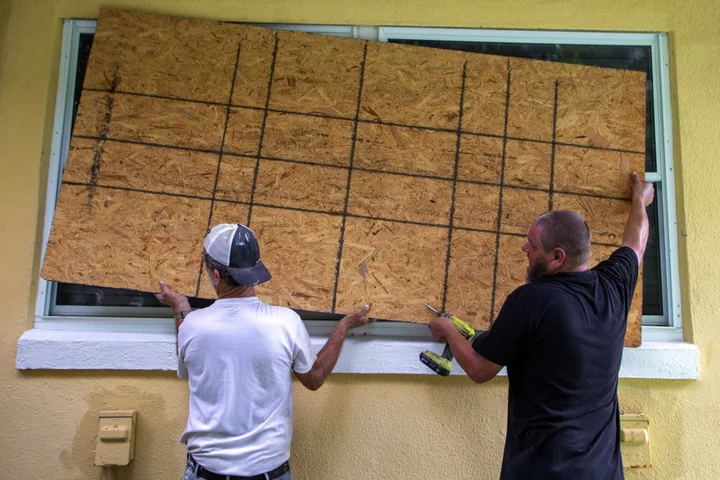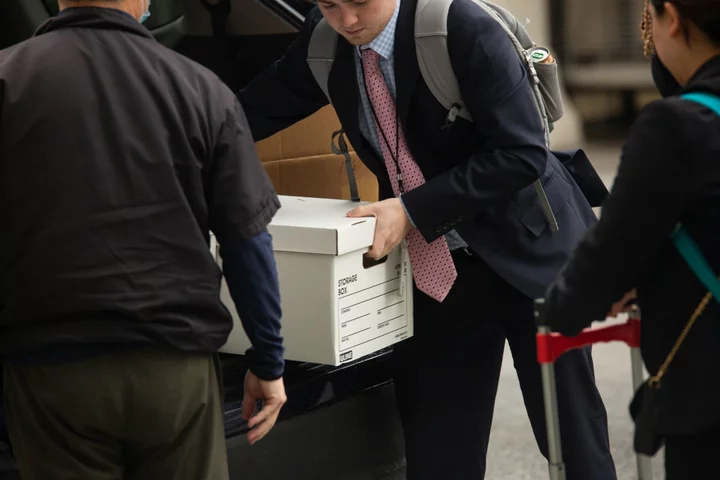Germany’s ruling coalition ended weeks of infighting and reached an agreement on a law that would ban new boilers fired by fossil fuels, allowing the legislation to be sent to parliament later this week.
The caucus leaders of the three parties in Chancellor Olaf Scholz’s alliance — his Social Democrats, the Greens and the Free Democrats — announced the deal Tuesday at a joint news conference in Berlin.
Germany aims to slash carbon emissions by two thirds by 2030 compared to 1990-levels, and greening the housing sector is key to reaching the target.
Scholz’s coalition was bitterly divided on the heating plans, with the Free Democrats seeking to portray themselves as shielding ordinary citizens from the cost of climate protection measures at the expense of the Greens, who are seen as the main driving force behind the legislation.
A key change agreed on by coalition officials will be an exemption for homeowners from having to switch to new heating systems using 65% renewables if their local community has not yet presented plans detailing how to expand their own district heating.
In a separate law, cities will be required to complete such strategic plans, including a decarbonization road map, by 2026, with an option for smaller communities to do so by 2028.









